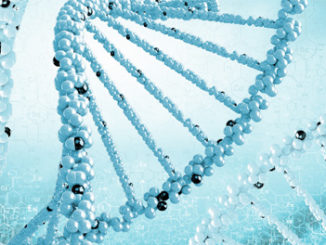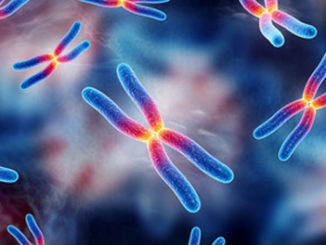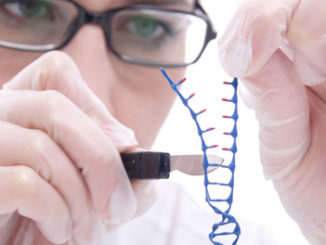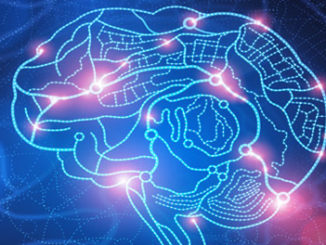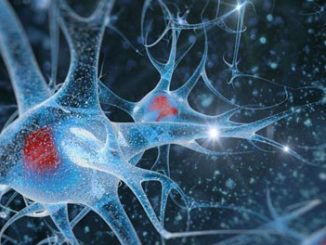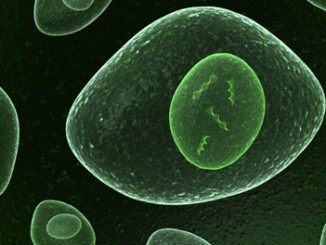The Consequences of a Poor Diet Could Epigenetically Persist Despite Improving Eating Habits
A majority of people know that improving your diet will lead to an improvement in your health. But not everyone knows that the consequences of eating poorly can actually persist even after you’ve changed your dietary habits for the better. New research on mice suggests that even following the treatment of atherosclerosis – the build-up of plaque in your arteries – by lowering blood cholesterol and improving diet, the detrimental effects of poor eating continues to affect the functioning of [more…]


